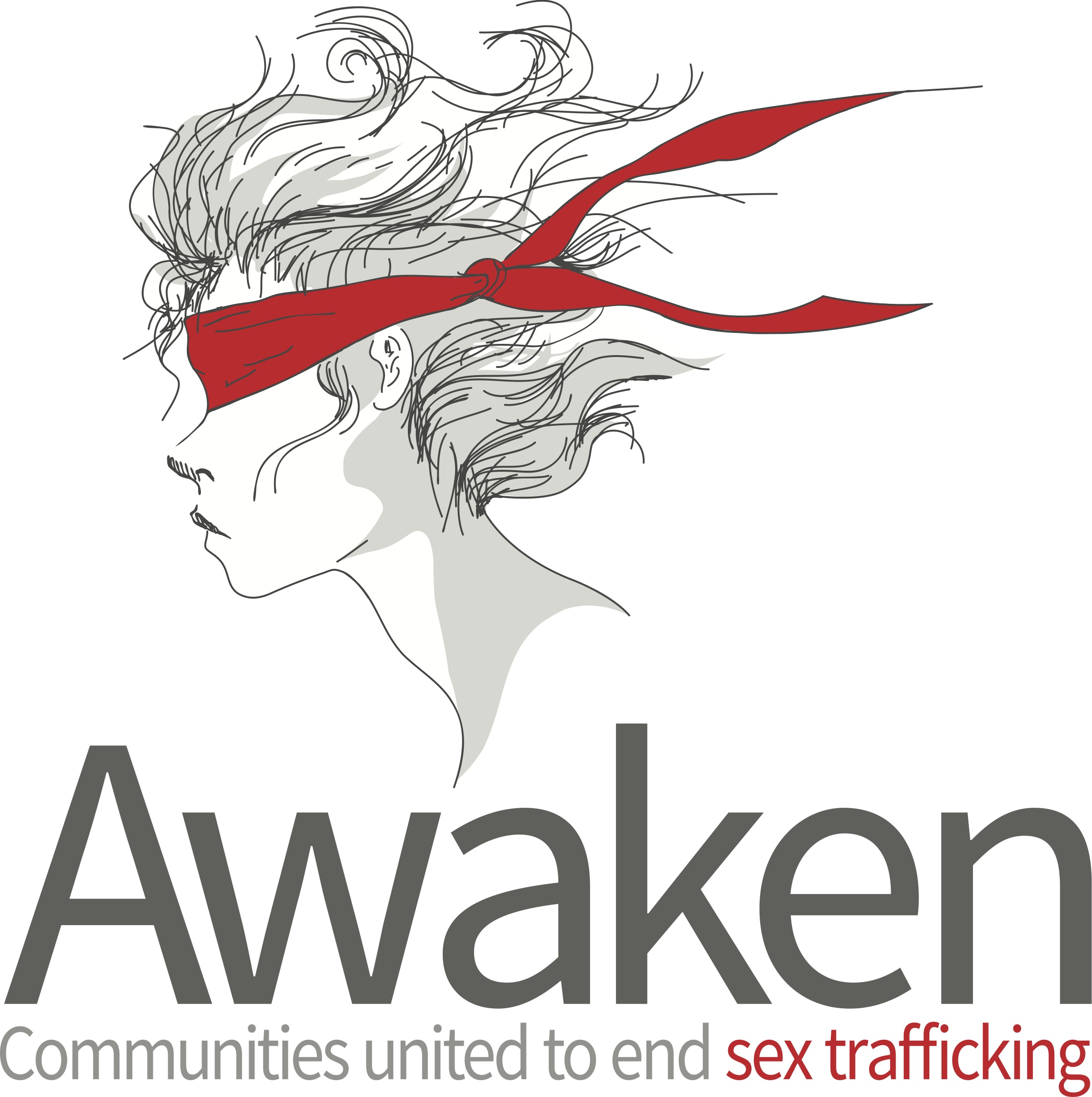Accessible Mental Wellness Initiative
The Accessible Mental Wellness Initiative – Resident Training Program was born, and continues to serve, from our core value of justice. We believe that everyone should have access to quality mental health care and fight for those who do not have access to it. The program that serves our community-based clinics is a bridge of access allowing individuals with barriers to receive mental health treatment in the community where they already receive services. This program is unique in its breadth and scope.
A Robust Partnership Healing Our Community
We partner with basic needs organizations throughout the community to embed our therapists and therapists in training at their locations to provide thousands of hours of service including individual and group therapy to clients every year at:
- Brown County Aging & Disability Resource Center
- St. John’s Homeless Shelter (Micah Center and Wellspring)
- Awaken
- Journey to Adult Success
We are so grateful for the collaborative and innovative spirit of our partner organizations.
 |
 |
 |
This initiative doesn’t exist without the community coming together
Annually, our community-based partners host Foundations therapists to provide approximately 2,000 mental health therapy sessions and group supports. Foundations provides mental wellness support (individual, group, casual support, and outreach), every week at community-based clinics embedded in social service organizations’.
All of the clients served at these locations are living below the Federal Poverty Level or are ALICE (Asset, Limited, Income, Constrained, Employed). For more information about the ALICE population, see Brown County United Way’s study.
What We Do
Staff of our partner organizations have invited us into their space, provide us a confidential therapy office, and know the therapists’ schedules. These staff members know their clients, so they make referrals and provide warm hand-offs for therapy while clients are receiving other services to improve continuity of care and reduce interruptions in service. At all of our satellite clinic locations, our therapists and therapists in training provide outreach, casual support, individual mental health therapy sessions, and group workshops and therapy. Outreach and casual support are important aspects of therapy interventions in the community. Individuals experiencing homelessness and living in crisis often do not have mental health therapy as a priority. They focus on addressing their immediate needs. In addition, there is stigma, shame, and fear related to reliving their trauma with a therapist.
As a result, our therapists and therapists in training spend time simply being with clients of the basic needs organizations in which we work. We build rapport and trust with clients and dispel the “scariness” of therapy.
Depending on the location, group opportunities include:
- Spirituality Support Group
- Mental Health & Personal Hygiene
- Women’s Empowerment
- Journaling Group
- Coping Skills: Relaxation & Stress Management
- Verbal Processing
- Mindfulness
- Communication Skills
- Addiction and Mental Health
- “Art for the Heart” – Therapy Using Art
- Healthy Boundaries
- Caregiver Support
We work with N.E.W. Community Clinic and Bellin Health to provide medication management for clients at community-based locations.
Making Appointments
Therapists in Training
This program addresses a second community need: Wisconsin ranks near the bottom of all states in availability of licensed therapists to meet the mental health needs of our communities. There simply are not enough therapists to help people heal.
To help train and inspire the next generation of independently-licensed therapists in Wisconsin, we work closely with all colleges and universities in Northeast Wisconsin who provide social work and counseling degrees, including the University of Wisconsin system (Oshkosh, Green Bay, Milwaukee, and Madison), and Lakeland College. Therapists in training entering this program have master’s level degrees in social work or counseling. They are licensed by the State of Wisconsin to practice under supervision. Therapists in training are typically in the program 18 months, depending on how long it takes them to complete their 3,000 hours of supervised work. We provide therapists in training with a stipend every year for ongoing training opportunities in Alcohol and Other Drug Addiction (AODA), Brainspotting, Trauma-Informed practices, and others. When those hours are complete, and therapists have passed their national independent licensure exam, they are fully licensed therapists in the state of Wisconsin to practice independently. Our goal is to provide the community well rounded, prepared therapists and counselors to continue to provide high quality services today and everyday.
Learn More
If you are interested in partnering with us, please reach out to the program’s clinical director, Joanne Klysen, at 920-437-8256 ext. 111 or [email protected].
If you are interested in a position with Foundations as a therapist in training, please send your resume and cover letter to HR manager, Carrie Spates, at 920-437-8256 ext. 104 or [email protected].
